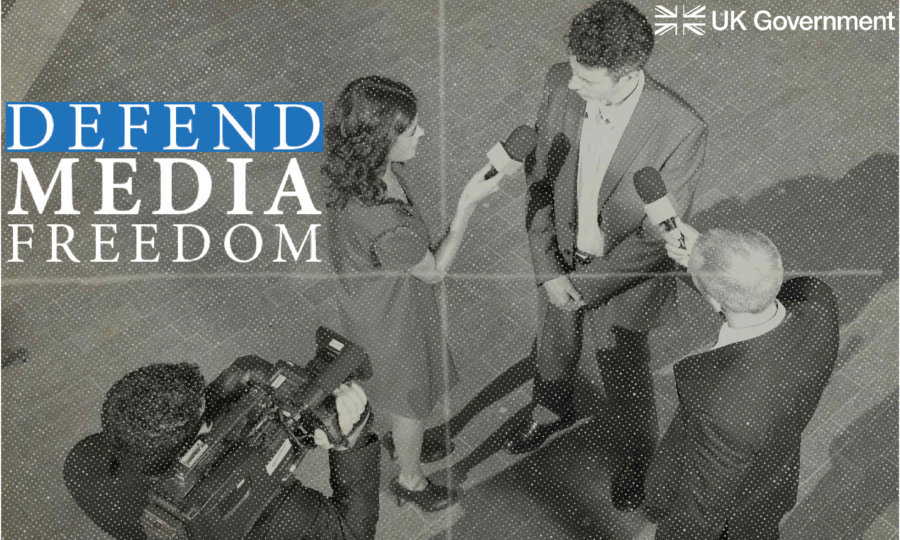3rd May 2019 Hanoi
Freedom of expression and press freedom – striking the balance between freedom and regulation

World Press Freedom Day is celebrated across the globe on 3 May. We, as Ambassadors of Canada and the UK, believe that free and independent media play a vital role in social and economic prosperity, the protection of human rights and in holding the powerful to account. That is why our two countries have recently launched an international campaign to promote media freedom. We want to reduce attacks on journalists and to lift barriers to a free media everywhere. We will be hosting an international conference in London on 10-11 July, to pledge support and to demonstrate what Governments are doing to uphold media freedom.
One important issue is the regulation of social media. In Vietnam, as in our countries, social media has become part of our everyday lives and has changed fundamentally how many of us communicate and access information. You are probably reading this article online. Social media platforms have brought with them great benefits to society and individuals. Over 1.52 billion people log onto Facebook every day, with an estimated 61 million users in Vietnam. At the Canadian and British Embassies, we find social media an excellent way to interact with Vietnamese people. They provide space for discussion of issues that may not be covered by the mainstream media and the creating of online communities, networks and interest groups. Social media is now central to growth and innovation in the digital economy in Vietnam.
However, there are also challenges posed. Along with the benefits have come cyberbullying and hate speech. Cybercrime, such as identity theft and online fraud, is increasing. Extremist groups use social media to radicalise and recruit. Information overload and fake news make it difficult to differentiate between what is true and what is false. Personal information is sold to corporations, resulting in unsolicited and unwanted advertising appearing on individuals’ social media sites and private information being accessed by strangers. Many of these challenges are laid out in the Joint Statement on freedom of expression that Canada and the Netherlands delivered at the Human Rights Council in March on behalf of 62 countries, including the UK.
So how should social media be regulated, retaining its benefits and supporting freedom of expression whilst excluding its harmful side? Until recently social media platforms were left to police themselves, developing processes to monitor and remove illegal content. However, the effectiveness of the controls put in place varies considerably.
We believe that one important element of regulation should be a strong basis for the protection of personal data, so that it is not misused. In the UK new legislation has given greater protection and rights to citizens over the use of their information, ensuring that businesses and public sector organisations handle that information with due care. In Canada, the law sets out rules that businesses must follow when collecting personal information, including identifying the reasons for collecting it before or at the time of collection and how it will be used.
Another important element of regulation is to protect freedom of expression, encourage the tech sector, whilst also requiring social media companies to take reasonable steps to keep users safe and tackle illegal and harmful activity on their services. In the UK we are consulting on new standards where compliance would be overseen by a regulator independent of Government. Independence will be a key element to ensure that the public have confidence in the impartiality of the regulator’s decisions. The framework will be proportionate according to the capacity, size and reach of the platforms.
Vietnam has its own new Cyber Security Law. A key challenge for Vietnam is to ensure that this law is implemented in a proportionate way, so that business and foreign investment is not stifled, and with appropriate safeguards in place for business and individuals. That way illegal content can be removed without damaging the rights of freedom of speech and expression. It is also important that the right checks and balances are in place over any system of enforcement and/or censorship to ensure business and public confidence in the system.
We wish all journalists in Vietnam a happy World Press Freedom Day, and express our ongoing support for media freedom in Vietnam.
Gareth Ward, thank you for this post. Its very inspiring.